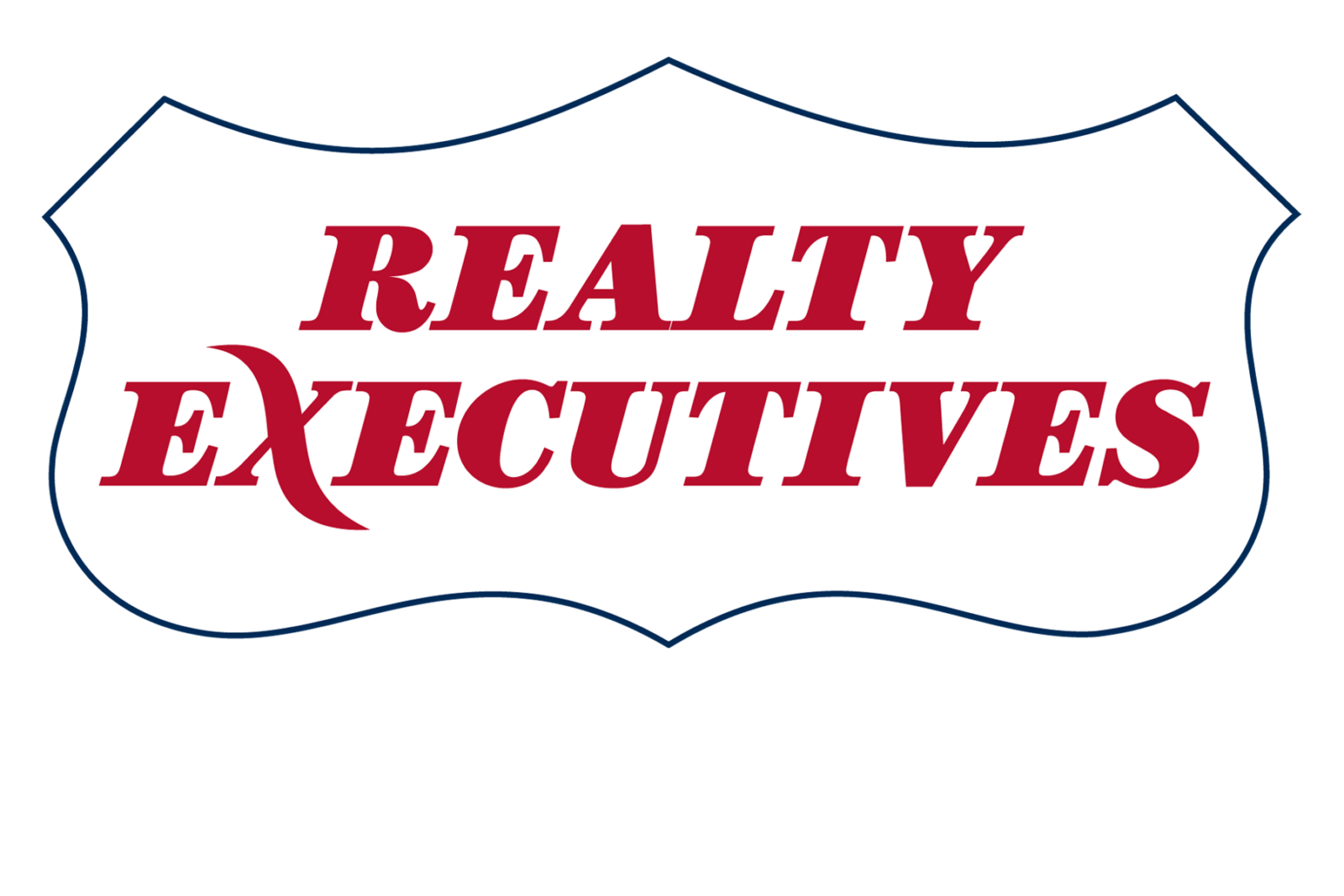
So you feel like it’s time to move, but you keep asking yourself, am i ready to sell my house? After all, there’s so much history packed inside those four walls – not to mention, it’s the most expensive possession you own.
Asking yourself if you’re ready to sell is an important question to answer since selling at the wrong time can cause trouble for years to come. But no worries. We’ll help you walk through everything you need to consider so you can have full confidence that you’re ready to sell.
Let’s get started!
1. How much is my home worth?
To estimate how much your home is worth, most real estate professionals compare recently sold homes in your neighborhood that are similar to yours. These comparable homes are often referred to as “comps”. By comparing the sale price of different comps, you can get a sense of the price range home buyers might pay for your home.
When searching for comparable homes, you’ll need to consider things like the number of bedrooms and bathrooms, the square footage of the home, and any unique features. The challenge is that no two homes are exactly the same so you’ll need to make adjustments for each individual feature; it’s extremely hard to do this precisely for each comp. Luckily, computers are really good at this task. Use our FREE home evaluation tool to get an estimate using the latest market data for comparable homes.
We use a Comparative Market Analysis (CMA) based on the information you provide about your home, current market trends, and data from hundreds of recent comparable home sales and listing prices.

2. Do I have enough equity to sell my home?
You’ll typically want to have enough equity in your home to pay off your mortgage, the costs of selling, and the costs of moving. Many people also wait to sell once they have enough equity to put towards a down payment on their next home.
What is home equity?
Home equity is the percentage of your home that you truly own. Let’s say you bought your home entirely with your own cash, then you would have 100 percent equity. However, most people choose to borrow money to buy a home, which means they slowly build equity as they repay the loan with interest each month.
You can estimate your home equity by subtracting the amount of money you owe on the home (remaining loan balance) from the amount of money you could sell your home for (market price). Here’s an example: ????????????????????????????????????????????−????????????????????????????????????????????=????????????????????????
| Market Price | Loan balance | Your equity |
| $300,000 | $250,000 | $50,000 |
3. How much will it cost to sell my home?
When selling a home, many people fixate on the 5-6 percent that’s typically paid in agent commissions. However, the total cost of selling a home can come closer to 10 percent of the sale price. Some of these additional costs include seller concessions, closing costs, repair costs, and housing overlap costs if you aren’t able to line up the sale of your home with the purchase of your next. And of course, don’t leave out the cost of your time and sanity.
Typically, the loan you can qualify for depends on the ratio of your debt to income, so it’s important to have a strong understanding of how much money you have coming in each month versus money that’s paying down debt.
4. How long will it take to sell my home?
To determine if you should sell, consider your moving timeline and how when you move might impact your goals. Taking longer than expected to sell can have a financial impact. It can delay a job opportunity, force you to incur costs like storage fees or temporary housing, and of course, selling a home means maintaining it.
One of the strongest indicators of how long it will take to sell your home is Days on Market (DOM). This is a real estate statistic that tracks the amount of time a home is active on the market from listing until a contract is signed. For example, the average DOM for Edmonton single-family homes in January 2021 was 53 days, according to realtor.ca. However, DOM will vary widely based on the season and local market conditions. To get a sense of how long it’s taking homes to sell in your area, look at the average DOM for similar homes nearby.
5. Should I make repairs?

As a seller, you’ll be required to disclose any known issues with your home to buyers. You aren’t required to make repairs, but you’ll likely need to price your home based on the costs of needed repairs or you may need to offer a concession to the buyer so they can do the repairs themselves. Expensive repairs like fixing an HVAC unit or fixing a pool, for example, can be a deal breaker for buyers looking for a move-in ready home.
Before selling, it may be tempting to undertake large renovation projects to improve your home value, but not all projects will significantly increase your home value. The impact of a home improvement project or upgrade varies based on the market you’re in, and you’re existing home value.
Additionally, some projects like adding a pool or wood floors tend to have bigger increases for more expensive homes, while projects like a kitchen remodel or adding a full bathroom tend to have a bigger increase for less expensive homes.
6. How should I sell my home?
Selling a home the traditional way isn’t a passive experience. It involves preparing your home for sale, working with an agent, making repairs and improvements, showing your home, and negotiating with potential buyers. There is also the uncertainty of when you’ll receive a good offer and if that offer will make it to close.
There are many different ways to sell a home. To determine if you’re ready to sell, consider the amount of time, resources, and energy you can invest in the process. Do you have the flexibility to prepare and show your home? Are you able to make improvements and repairs if needed? How long are you willing to wait for an offer, and how willing are you to negotiate?
If you’re selling the traditional way, contact me at 780-777-9703. I can help market your home, coordinate with the buyer’s agent, and handle paperwork related to the sale. You can see homes I have listed and promoted on my website, Facebook, Twitter, and Instagram.
And if you’re buying and selling at the same time, consider trading-in. This allows you to line up the sale of your current home with the purchase of your next home so you can move in one simple process and avoid housing overlap costs.

KEY SUMMARY
- While life events like a family milestone or a new job can encourage you to sell your home, the decision often involves many other factors. Understanding your finances, your timeline, and how you’ll sell can provide good insight into whether you’re ready to sell your home. Use our home value tool to estimate how much you could sell your home for.
- A good place to start is to understand the amount of equity you have in your home, and if the proceeds from a sale can cover the total costs of selling, moving, and potentially putting a down payment on your next home.
- Timing can also impact whether you’re ready to sell. You can get a good signal of how long it will take to sell your home by looking at the average Days on Market for similar homes in your area. You may need to also consider the impact of market trends on your home value and goals.
Check out my previous posts:
- Another Year Around The Sun!
- Rentals Live on Realtor.ca!
- Check out my current listings on Youtube!
- Coming Soon to Trumpeter!
- Sold 1 Day on Market!
Comments:
alberta real estate Community Edmonton edmonton homes Edmonton Real Estate edmonton realtor First Time Home Buyer Focus on the Realty For Sale for sale edmonton fort sask Fort Saskatchewan Fort Saskatchewan Real Estate Homes Home Sales homes for sale Houses Investment investor jarett Johnson Mortgages my first home new home sales Open House Painting property finder property management Real Estate real estate investing real estate investor real estate market Real Property Reports Realtor Realtors Association of Edmonton realty executives Realty Executives Focus Rental Rentals Sherwood park Sherwood Park Real Estate Utilities YEG yeg homes yeg real estate yeg realtor

